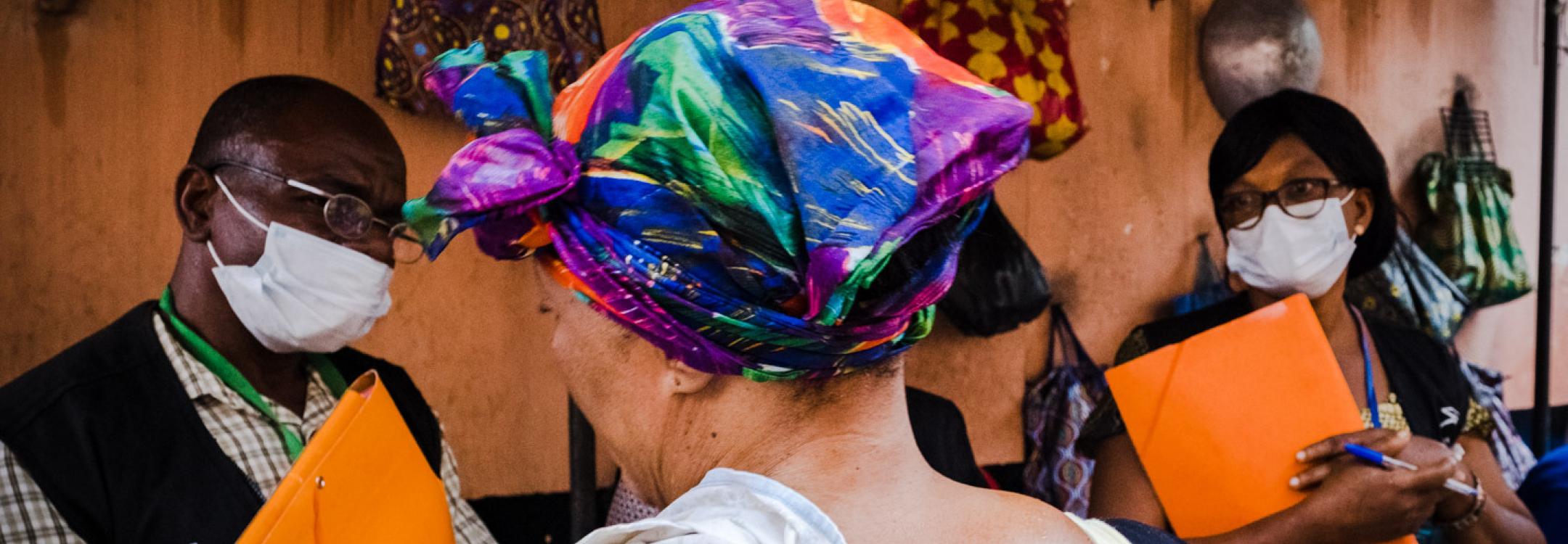What is the status of external experts (rights and obligations)?
External experts are neither NPM members nor NPM staff. This external status means that they do not have the same level of responsibilities and, in particular, that they should not conduct visits on their own (i.e. without the presence of an NPM staff or member). During visits, external experts should, however, be considered on an equal footing with NPM members and staff and be formally accredited beforehand with the authorities to ensure their access to the places being visited.
Newly recruited experts should, despite their external status, receive an initial training that includes an introduction to the NPM mandate and internal regulations, and how these apply to external experts. This initial training should ensure a common understanding of the NPM mandate and therefore a coherent approach in external experts’ contribution to the NPM work. In addition to this initial training, it is important that external experts be also involved in continuous trainings offered to NPM staff and members so that they are up-to-date on developments that are relevant when monitoring with the NPM.
External experts should, in addition, be entitled to privileges and immunities in the course of their NPM duties, both during and after their collaboration with the NPM, as required under OPCAT article 35 for NPM members. Those include, in particular, immunity from personal arrest, detention and seizure of personal baggage as well as immunity from seizure or surveillance of papers and documents. These immunities should be specified in experts’ contracts with the NPM, in order to avoid confusions as to when these privileges and immunities apply and to ensure that external experts do not misuse their NPM status. It should be clear that experts enjoy NPM-related immunities and privileges only when acting on behalf of the NPM and not when performing other functions.
Finally, NPM external experts also have obligations that should be specified from the recruitment stage and spelled out in their contract. These include maintaining confidentiality of all information accessed while working for the NPM - the information that must remain privileged - and in particular the fact that, as specified in the OPCAT (article 21.2), personal data cannot be published or used without the consent of the person concerned.
